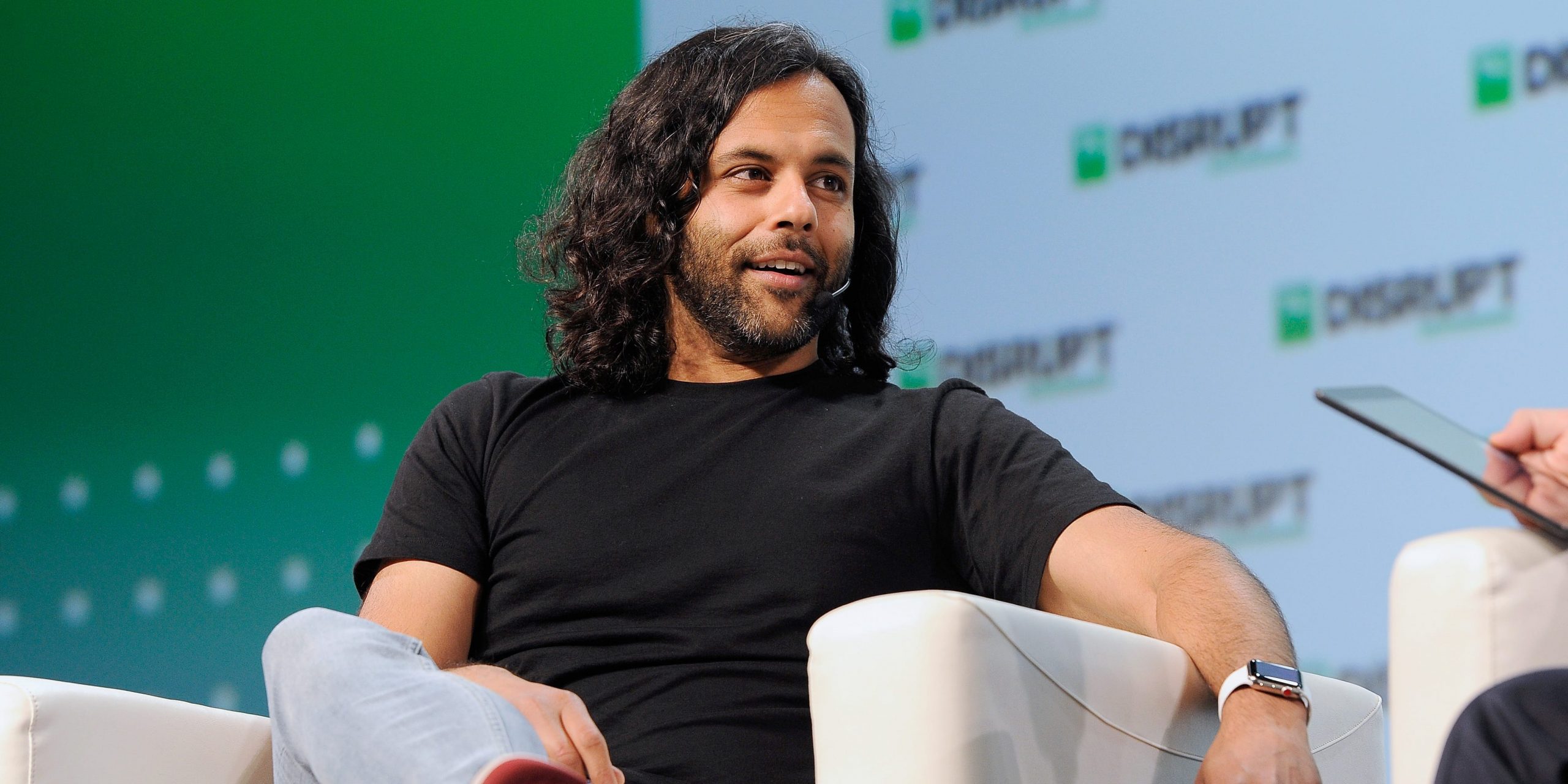
Steve Jennings/Getty Images for TechCrunch
- Robinhood told users on Thursday, hours before the market open, to raise their cash buffers on several widely held stocks because they could face an account deficit.
- The trading platform said that to “help protect” customers from increased volatility before the US election, from Friday onward it would increase the minimum amount a user must hold in their account.
- “If you hold any of the affected stocks on margin, your buying power may decrease or your account may be in a deficit after these changes go into effect,” Robinhood said.
- “If you do not resolve the margin call, we may need to sell off some or all of your stock to cover the call,” it said.
- Visit Business Insider’s homepage for more stories.
Robinhood told its users on Thursday, hours before the market open, to raise their cash reserves on several widely held stocks.
The retail-trading platform, which has spearheaded commission-free stock and ETF trading, said it would increase the margin-maintenance requirements for stocks affected by election-related volatility to “help protect” customers.
Packy McCormick, a day trader who writes the Not Boring newsletter, posted Robinhood’s message in a tweet at 9:42 p.m. ET. Regular trading on the New York Stock Exchange starts at 9:30 a.m.
Some people on Twitter blasted the move. “I’m not sure how this could be legal,” one person said.
Investing on margins means that traders can borrow money as loans from Robinhood to buy stocks and options, making it possible to boost investment gains. Margin maintenance, meanwhile, is the minimum amount that a user must hold in their account to avoid stumbling blocks with Robinhood.
“If you hold any of the affected stocks on margin, your buying power may decrease or your account may be in a deficit after these changes go into effect,” Robinhood said.
Robinhood said it would issue a margin call if a user falls short of the minimum and doesn’t deposit additional funds to increase their account value by the end of the trading day on Friday.
“If you do not resolve the margin call, we may need to sell off some or all of your stock to cover the call,” it said.
It is common on futures exchanges for margin requirements to increase as market volatility rises, because of the greater potential for traders to rack up losses that they can’t afford to cover.
Stock-market volatility rose to its highest levels since the financial crisis of 2008 and 2009 earlier this year as investors around the world dumped equities to hold cash, government bonds, and even gold.
A Robinhood spokesperson told Business Insider the company continuously monitors the markets and adjusts its requirements for members accordingly.
“Rather than doing a blanket change that impacts all customers, Robinhood Securities conducted a portfolio analysis and is raising margin requirements for certain securities,” the spokesperson said.
Also on Thursday, Bloomberg reported that hackers gained access to almost 2,000 trading accounts on Robinhood’s platform.
This week, the company sent a push notification through its app prompting customers to use two-factor authentication. Security “is a top priority and something we take very seriously,” a Robinhood representative told Business Insider.
Robinhood has exploded in popularity amid the boom in retail trading thanks in part to the volatility across markets from coronavirus uncertainty. Lockdowns earlier this year halted most professional sports, for example, and encouraged some amateur investors to try day trading.
Read the original article on Business Insider
